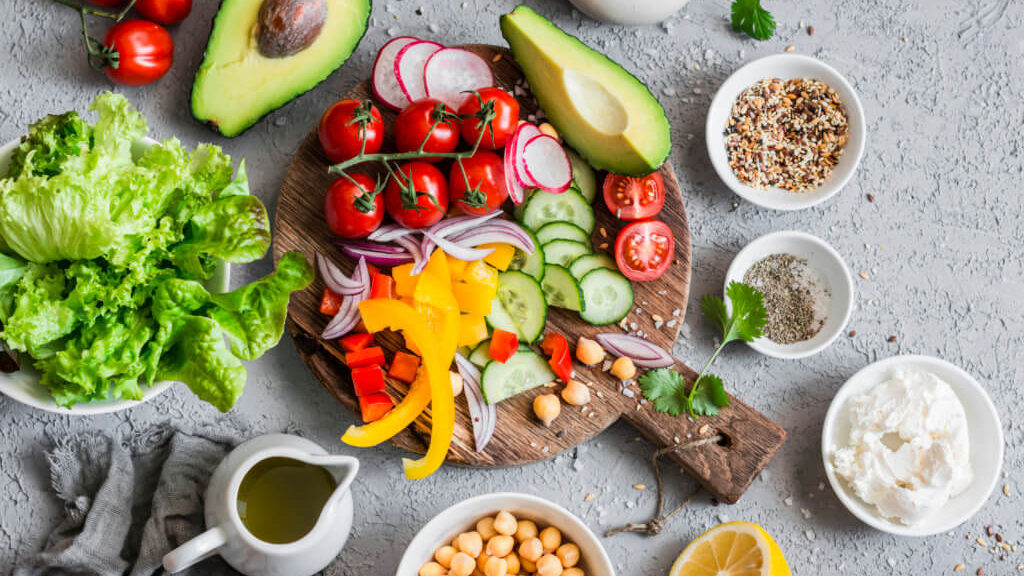Firstly, congratulations on completing a marathon! After all that hard work, there’s still one more step left to go: recovery. Recovery after a marathon is similar to a box of chocolates – you never quite sure what you’re going to get.
It depends on the season, the weather conditions, diet, health and race intensity. With countless variables that may affect your body’s recovery, there’s are a few approaches that you can apply to aid your recovery rate.
Walk it Off
Once you’ve crossed the finish line, take a photo and keep pacing. You may want to drop to your knees or sit down, but you may want to reconsider that. That’s because your body needs time to acclimatise from a bout of intense exercise to regular activity. Your heart rate gradually slows down, breathing and circulation return to the resting state and lactic acid is flushed out from your muscles. It’s advisable to take a walk for 10-15 minutes after the race for a gradual rest.
Immediately After
I know that runners may want to collapse on the bed for rest or head over to the bar for a celebratory drink. While those options do sound inviting, but it’s best if you follow some nutrition tips to help ease the aches and move freely in the days after the run.
During prolonged exercise, the glycogen (carbohydrate stores) in muscles and liver are depleted and need to be replenished. The restoration process begins as soon as exercise ceases. This is why the initial 30-60 minutes post-marathon is the “window of opportunity” as the muscles as primed to take up and store the carbohydrates consumed. Foods that are quick to digest and that you know are tolerable to your system are best.
Milk is an excellent source of nutrients such as carbohydrates, proteins, vitamins and minerals, including sodium. Milk is more effective for rehydration as the milk proteins help the body to retain the fluids ingested. In fact, milk can help to alleviate soreness and aid physical function in the following days after the exercise bout. Milkshakes are best too, but this is only if your stomach can withstand dairy after a run. Besides, if you are a salty sweater, replacing the salts are essential for your body’s normal functions. By adding some salt to your drink, you’ll not only be able to balance your sodium levels but increase fluid retention as well.
Phytonutrient-rich foods such as blueberries, cherries and beetroot have a similar effect or alleviating soreness too. These fruits and vegetables help to reduce the risk of developing coughs or colds after the marathon. Runners will usually have a suppressed immune system due to the long hours of intense training and strenuous exercise. They help to give your immune system that extra boost to recover.
Recommended choices:
- Water
- Banana with milk
- Chocolate milk
- Sports drink
- Cereal bar/energy gel
- Milkshake
- Berries with yoghurt
- Orange juice
After 2 Hours and More
You should have replenished some fluids and energy that are needed immediately, but recovery isn’t over yet. Marathoners should aim for a diet rich in carbohydrates and protein. This is for replenishing glycogen stores and repair and healing of muscles. Continue to replace lost body fluids by drinking plenty of water or milk. If you don’t have the appetite to eat that much food yet, you may eat little and often throughout the day.
Recommended foods:
- Turkey sandwich
- Jacket potato with cheese and ham
- Pasta salad with croutons
- Protein shake/chocolate milk
- Bagel with nuts and cheese
Rest and Recharge
Now isn’t the time to get into another run. Runners may soak in a hot bath because it helps to relax your muscles and ease tension. This is an excellent way to reduce inflammation and aid in the healing process. Moreover, you can even do some yoga poses not only to refresh your mind but to increase circulation to your muscles too. Stretching them will help to reduce sores and aches after your race.
Avoid any activity which requires heavy lifting or strenuous exercises. This allows your muscles sufficient time to rest and recover. Hence, preventing any injury or strain to your body.
